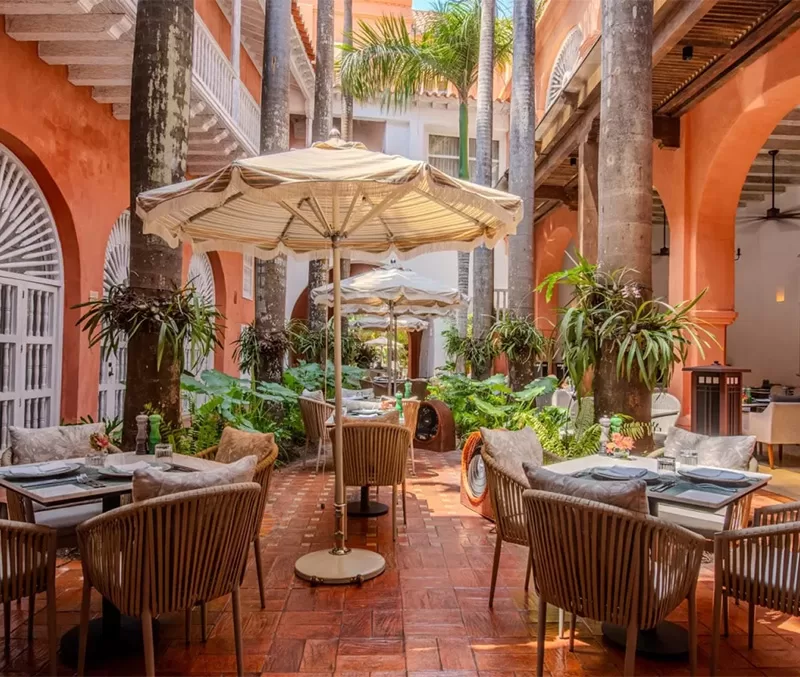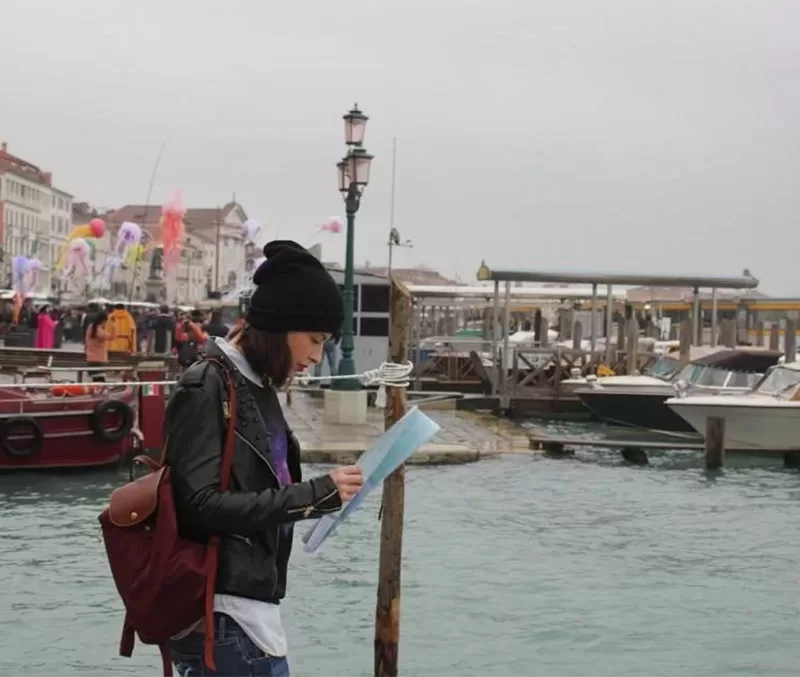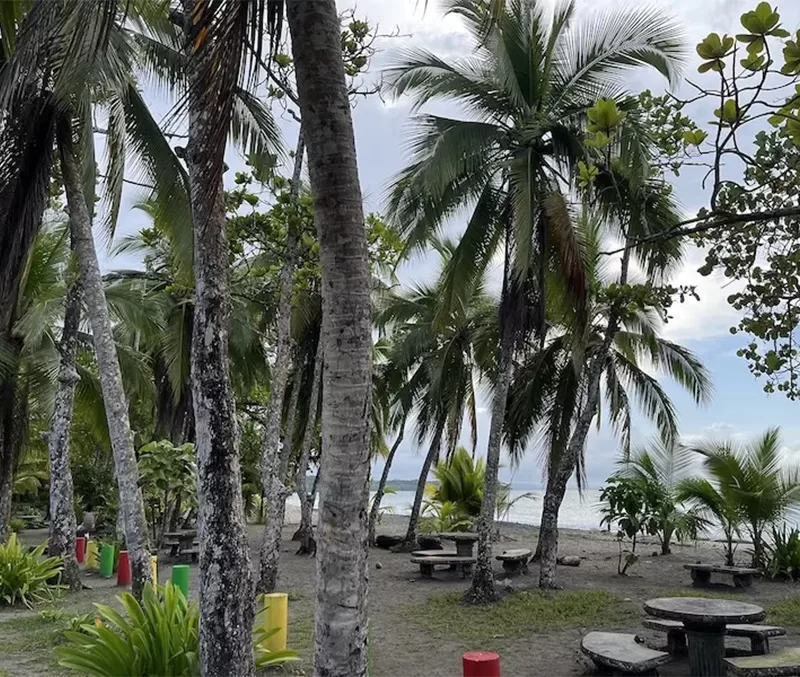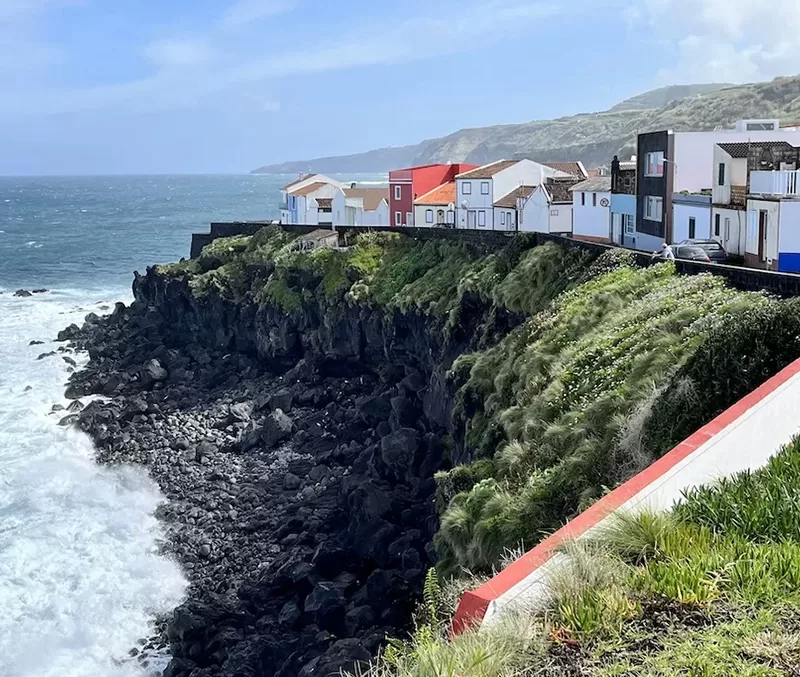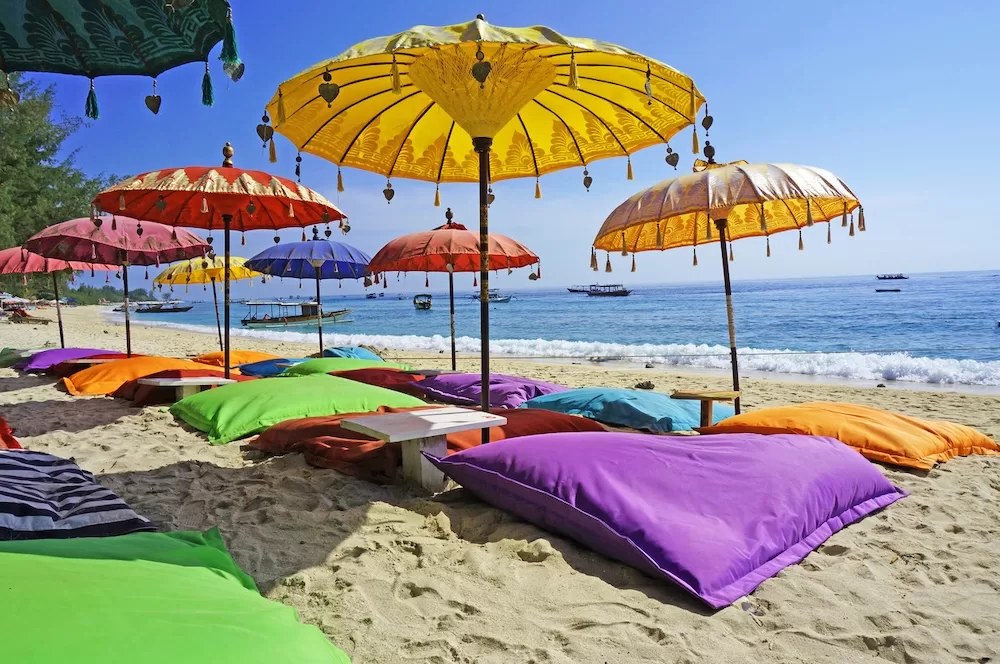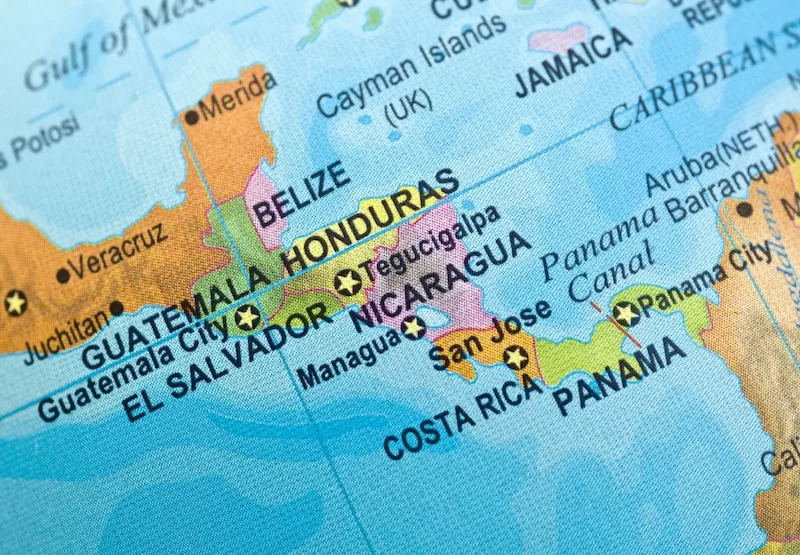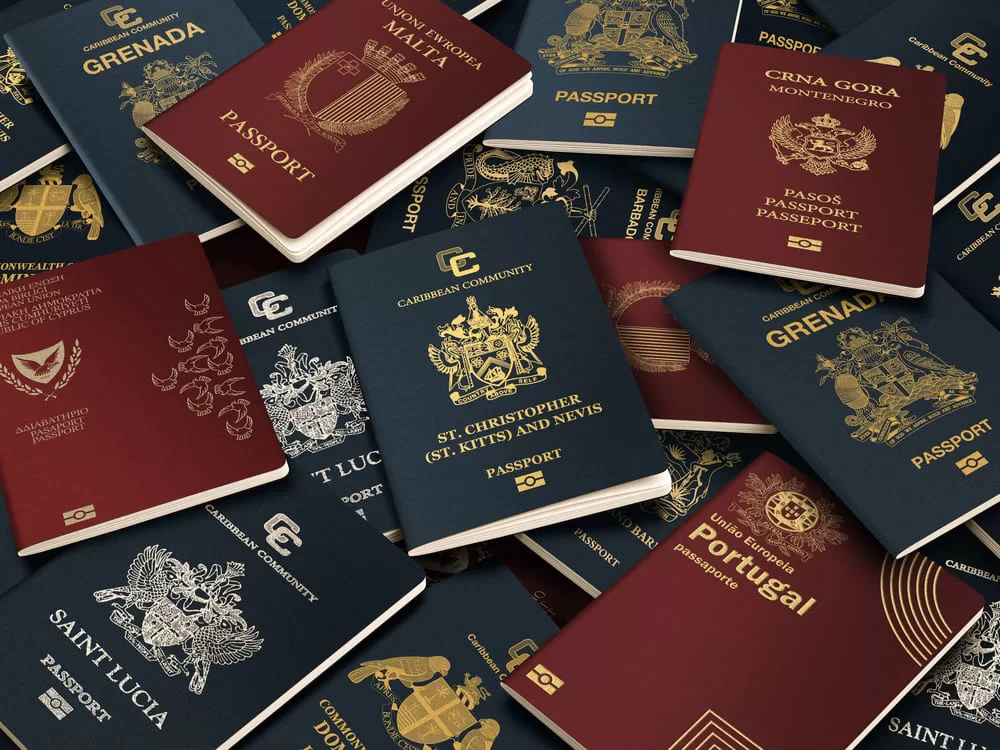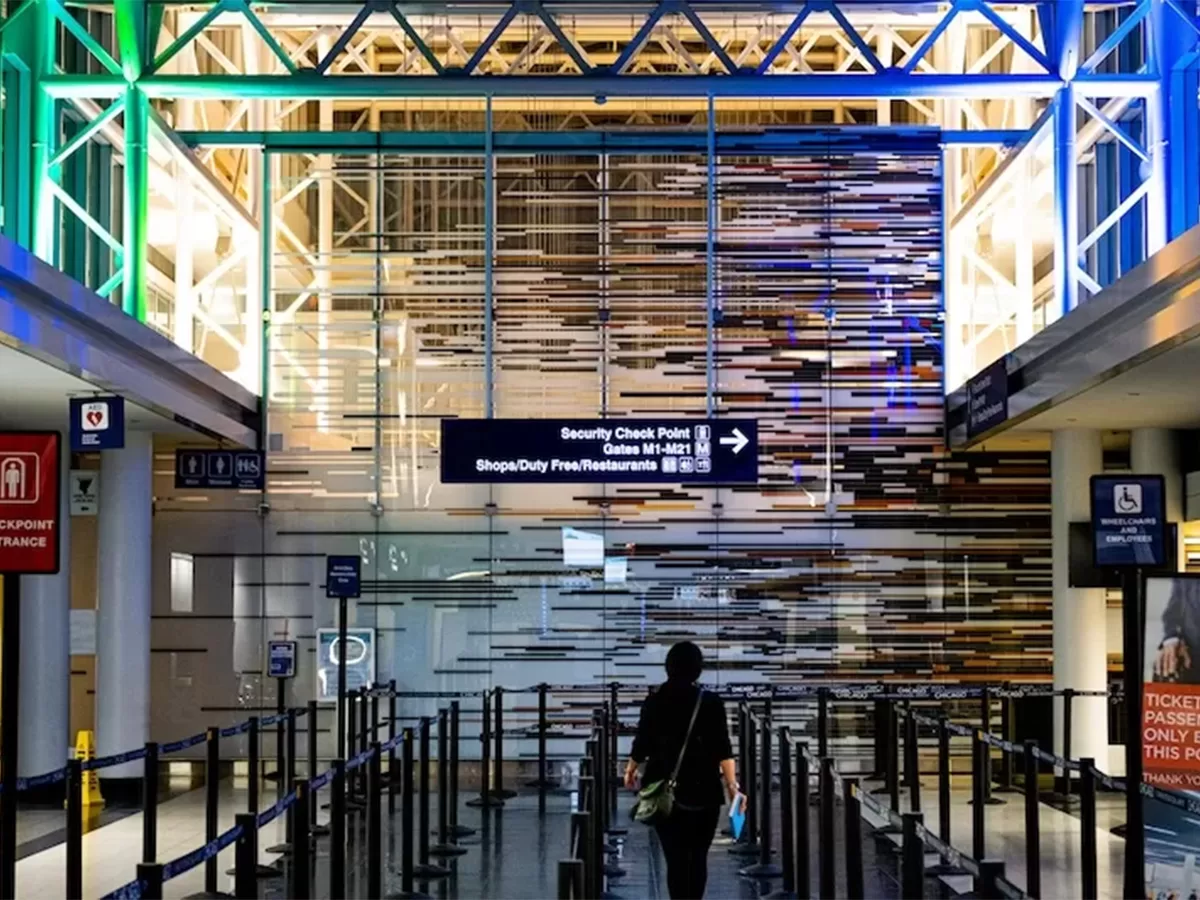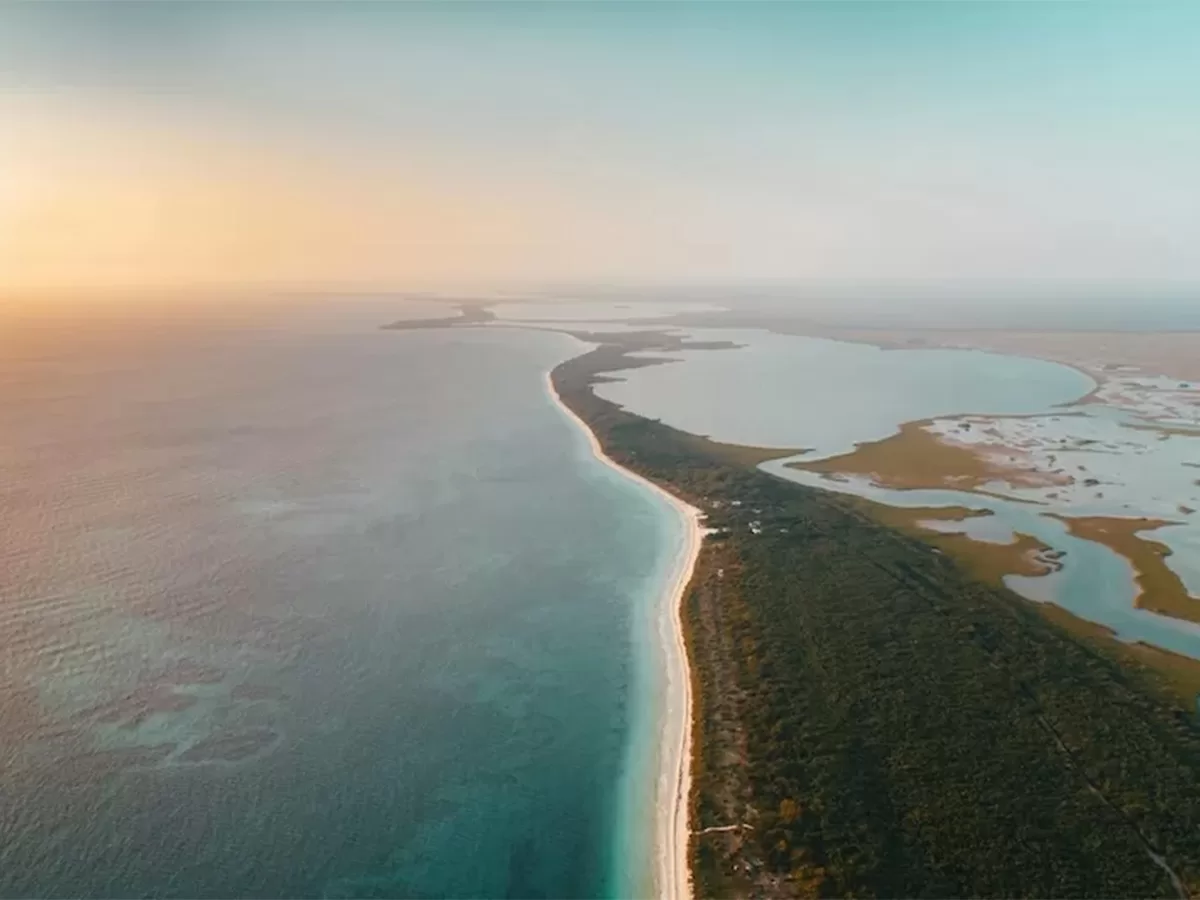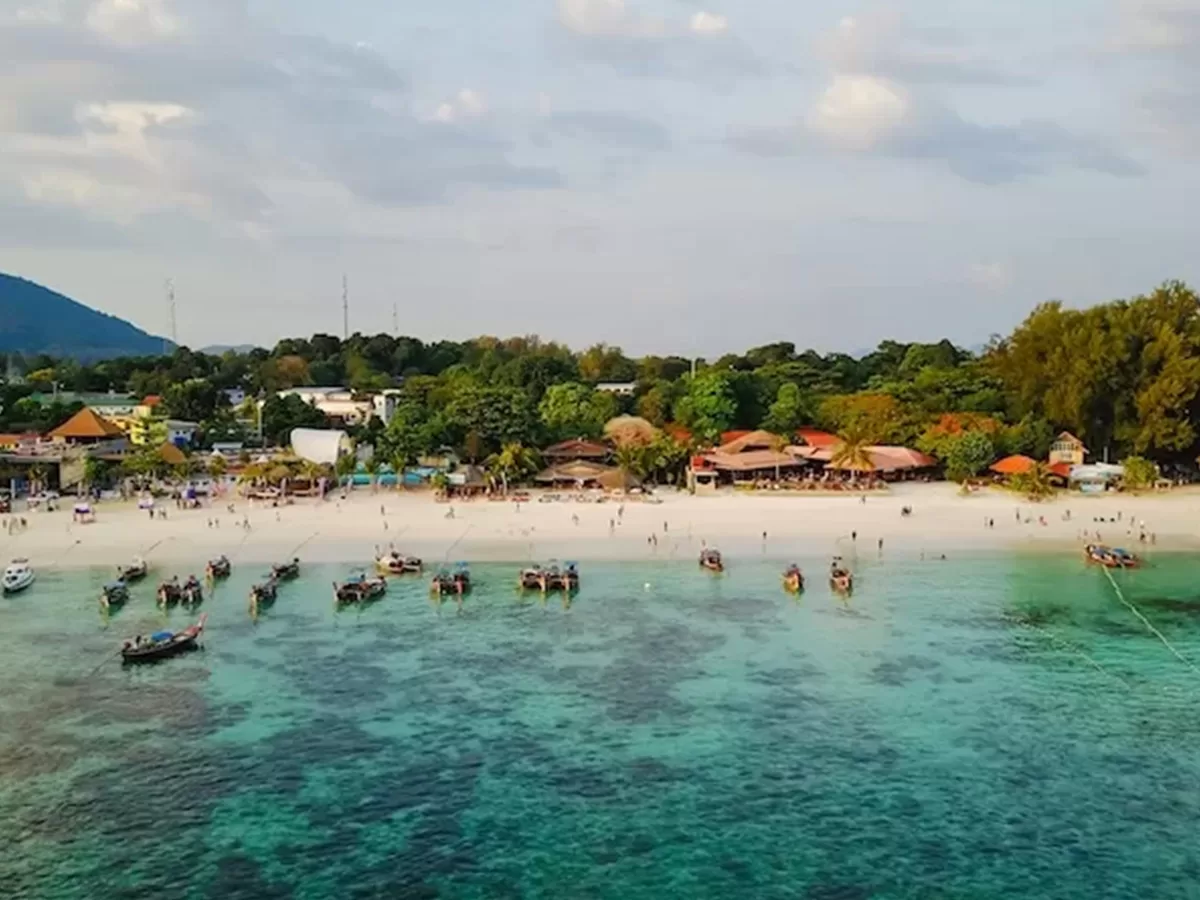Top 10 Things to Know if You’re Moving to Costa Rica
Hint: Learn to embrace the beach and the flow of the Pura Vida lifestyle

Two years ago, I took a leap of faith, packed three suitcases, grabbed my two dogs, and moved to Costa Rica. I had visited several times and done some research, but in my rush, I made a lot of mistakes. Thankfully, I made it through and learned a lot along the way. I’d love to share what I’ve learned so you don’t have to make the same mistakes.
#1. Do Your Research Before Committing
Costa Rica is a small but diverse country—about the size of West Virginia—so it’s important to find the place that fits you best. Within its relatively small size, you have the Pacific Ocean on one side, the Caribbean on the other, rainforests, and six active volcanoes. Some areas are modern and full of English-speaking expats, while others are remote with few or no English speakers. Don’t commit to a long-term lease or buy property until you’re sure you’ve found the right spot. I started on the Caribbean coast, but after a few months, I realized it wasn’t for me due to the recent rapid growth of the area . Fortunately, I hadn’t signed any long-term contracts, so I was able to move to Guanacaste on the Pacific coast.

#2. Visas, Residency, Work, and Immigration Basics
While there are several types of residency options in Costa Rica, and it’s fairly easy to qualify, make sure you get all your paperwork in order before you arrive—but not too far in advance. Your documents, including your birth certificate, must be recent. I made the mistake of bringing an old version of my birth certificate, and those caused delays.
You’ll need to get everything apostilled by your home country’s Secretary of State, and you’ll also need to get fingerprinted both in your home country and in Costa Rica. Then, hire a lawyer. I’ve never heard of anyone getting through the residency process without one—even Spanish speakers have been turned down without legal help. Luckily, lawyers are much more affordable here than in the U.S., and many offer flat-rate fees for residency paperwork.
If you don’t want to go through the residency process, you can leave Costa Rica for a short period every 180 days. Some people have lived here for twenty years without residency, but it’s risky. While technically legal, it leaves you at the mercy of border agents, who can deny you entry at any time. So, it’s best to get your residency sorted out.
As for work, you can’t legally work for a Costa Rican business without a work visa, which is tough to obtain. Your best bet is working online. There are plenty of remote job opportunities, and you can work for a company back home and get paid in your home country without needing a work visa.
Read more like this: Top 10 Things to Know if You’re Moving to Belize
#3. Money, Banks, and Credit Cards
Costa Rica makes it easy to access money. Most places accept debit and credit cards from around the world, though check with your bank about any fees. Finding an ATM can be a challenge in more remote areas. The closest ATM to where I live is a half-hour drive, and it can take even longer in some areas. Most dispense both Costa Rican Colones and USD.
Opening a local Costa Rican bank account is relatively easy, even without residency. It can be helpful, especially if your wallet gets lost or stolen. I went without a local account for more than a year but eventually decided to open one for peace of mind.

#4. Crime and Safety
There’s a lot of media coverage about crime in Costa Rica lately, but in my experience, it’s exaggerated. I’ve never personally encountered any crime. That said, I’ve heard of some break-ins, especially in Airbnb rentals where things like iPads or cell phones were stolen. Like anywhere else, petty crime can happen. I follow the same basic safety rules I would in New York or Chicago: avoid walking alone at night, don’t carry large amounts of cash, and avoid flaunting expensive items. In cities like San José or Limón, there’s a higher risk of certain crimes, but I avoided those areas the crime rate and the general stress of living in a larger city.
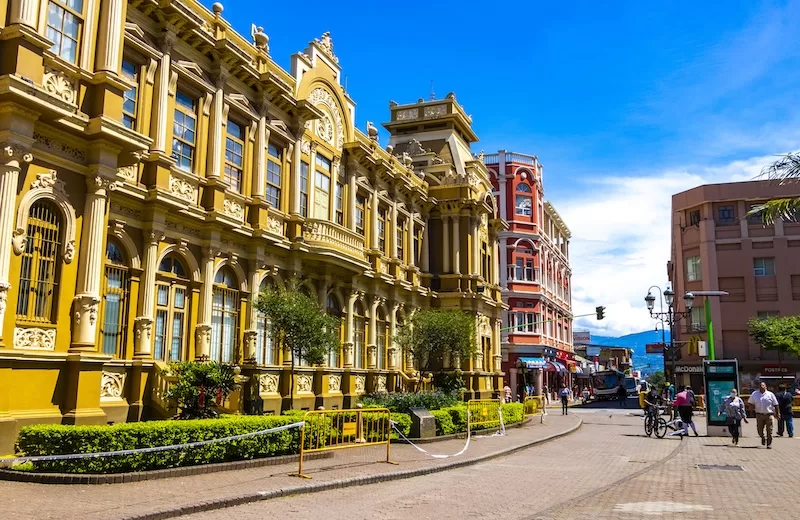
#5. Expenses
Costa Rica can be less expensive than the U.S. or Canada if you embrace the local “Tico” lifestyle (The term “ticos” is the collective phrase of affection Costa Ricans gave themselves. “Tico” is used for men, and “tica” for women.) But if you want to maintain the same lifestyle you had back home, it can get pricey. Personally, I’ve found a balance. I live near the beach but in a small house to keep costs down. I also save money by shopping at local markets instead of expensive expat grocery stores that sell American products. Prices for food and goods can vary greatly by area, so make sure to do your research and plan your budget accordingly.
#6. Transportation
Transportation in Costa Rica can vary a lot depending on where you live. Most of the country has a decent bus system, but finding accurate bus schedules can be tricky—don’t rely on online info. I almost got stuck in Santa Cruz overnight before I figured this out. Ask a local for the schedule. Where I live now, there’s only one bus that runs twice a day, so buses aren’t really an option for me. I didn’t want to buy a car when I moved here to reduce my carbon footprint, but luckily, the area I live in is very walkable. I can even take a water taxi to Tamarindo. Importing a car can be very expensive, with taxes reaching up to 70%. If you’re thinking about importing or buying a car, again, I highly recommend hiring a lawyer. The process can be complicated, and you’ll need someone who knows what they’re doing.
Read more like this: Top 10 Things to Know if You’re Moving to the Azores
#7. Bringing Pets
Bringing your pets (dogs and cats) to Costa Rica is fairly easy. You’ll just need basic paperwork from a certified vet. The rules change often, but you can find up-to-date info online. There is no quarantine period. Pets can travel in several ways: some airlines allow them in cargo, while small dogs and cats can travel in the cabin under your seat. There are even companies that will help you import your pets, and K9 Jets specializes in flying people with their pets. Costs range from $150 to several thousand dollars. The real surprise comes once you arrive. Pet supplies, like food, medicine, and toys, can cost two to three times as much as in the U.S. So, stock up before you come. Fortunately, vet services are affordable and often of good quality.

#8. Medicine, Doctors, and Dentists
Costa Rica offers quality healthcare, especially in larger cities, and it’s a popular destination for medical tourism. The cost is much lower than in the U.S., and residents have access to the country’s free health system. Pharmacies are great too. I’ve been able to get my medications without needing a local doctor to renew my prescriptions. For dental care, local dentists provide regular services, and specialists come once or twice a month for procedures like crowns and implants. I have had a couple of dental procedures and have been very happy with the results … especially the price tag which was less than a third of the U.S. price.
#9. Learn Spanish and Make Friends with Costa Ricans
Learning Spanish is a big part of adapting to life here. It also helps you build connections with locals, who are generally very friendly and welcoming. Building friendships with Costa Ricans can make the transition easier and more enjoyable. I have found Ticos to be the friendliest people that I have met anywhere in the world. They greatly appreciate any kindness, want to help, and love when you make an effort to speak Spanish.

#10. Slow and Steady
Life in Costa Rica is slow-paced. Ticos don’t rush—and that’s not a bad thing. I came here to experience a different way of living, and if you can embrace the laid-back lifestyle, it’s a real gift. But if you’re used to constant hustle, you might find it frustrating. The rhythm of life follows the natural cycle: days are always 12 hours long, with sunrise around 6 a.m. and sunset 12 hours later. There’s no daylight savings, so the hours don’t change much through the year. People get up early and finish their day early. At the beach, the lifestyle revolves around the tides.
Let go of stress and adapt to the flow of Pura Vida, and you’ll be much happier.
—————–
Semi-retired teacher and theater professional Tam Matthews moved to Costa Rica in January of 2023 with her two dogs. She writes about expat life on Substack.







